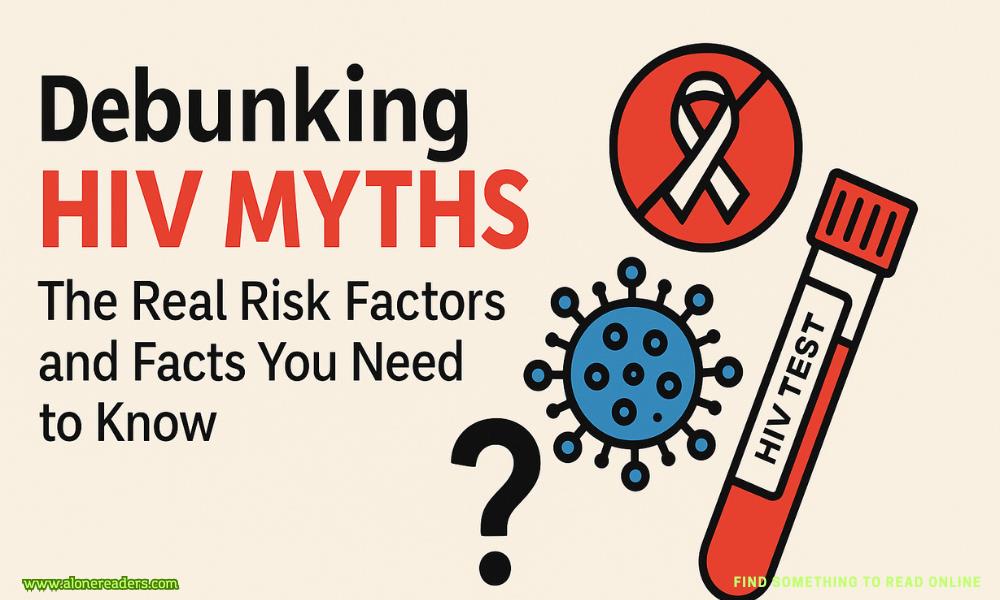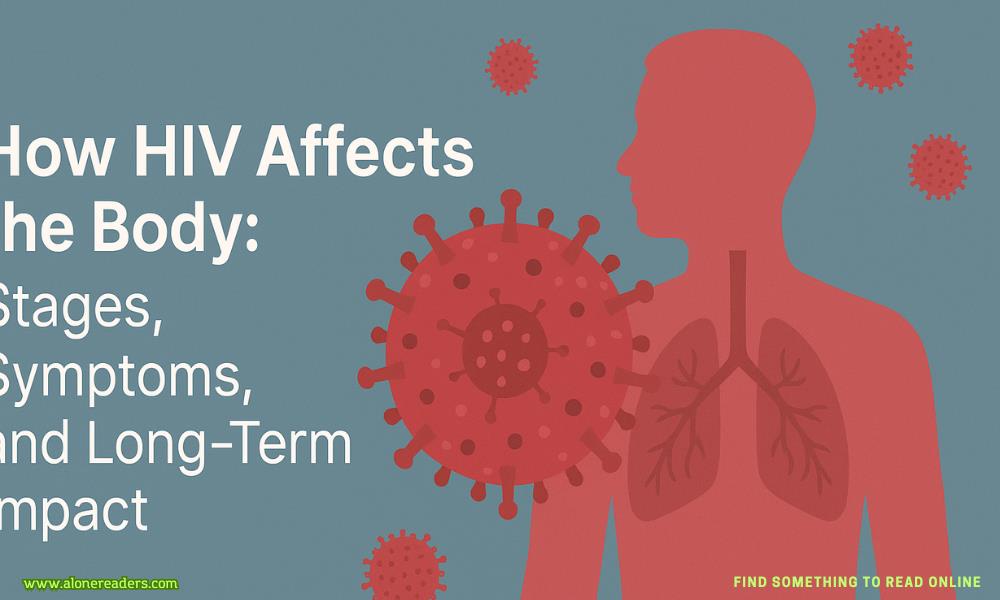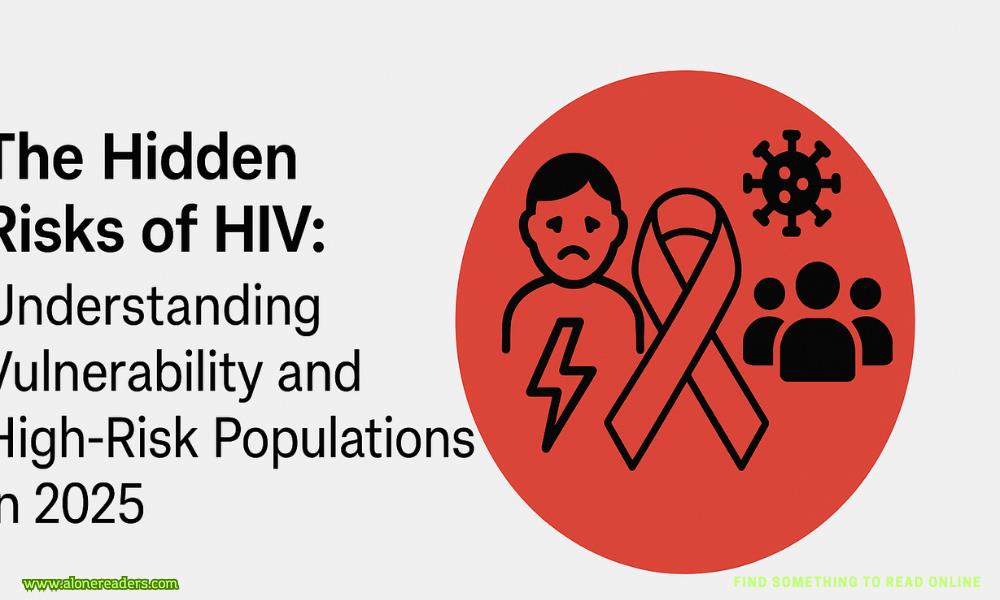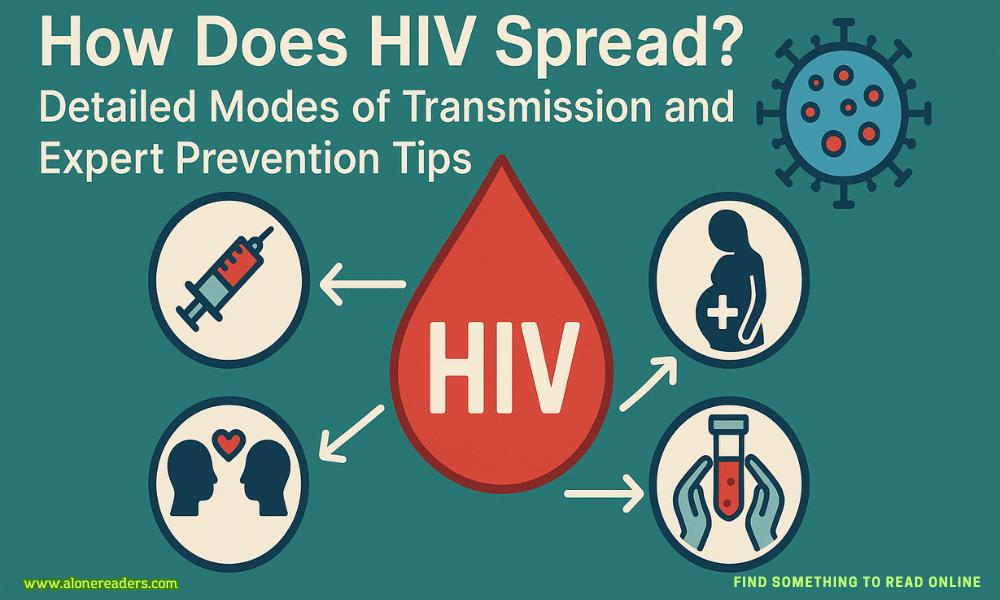Page 57 of Best Kept Vows
He did drink a whole glass of wine and was pretty gleeful about it, almost like a child who had eaten candy when he wasn’t allowed.
“Lia left…you.”
I nodded.
My father looked me squarely in the eye, clearer and more alert than I’d seen him in months. “You’re…a damn fool.”
“I know, Dad.”
“You lost…wife.” He struggled to keep his words steady. “Your fault.”
“I know that, too, Dad.”
He sighed. “I…don’t have much…left.”
I put my hand on his, and he gave me a half smile. “Sell the company.”
I blinked, momentarily stunned.
“Sell it,” he repeated.
“Dad?”
He shook his head as vigorously as he could, which wasn’t much. “Don’t…waste your life. I…did. I…look at me.”
“Dad, you didn’t get a stroke because?—”
“It’s drowning…you,” he cut me off. “Was drowning me, too. Should’ve…sold years ago.”
His words hit me like a physical blow. “Then, why didn’t you?” I demanded angrily.
He smirked. “Pride.”
That single word cracked open a part of me—like I was suddenly seeing with a clarity I’d never had before.
Pride.
That was it.
That’s why I’d worked myself into the ground. I wanted to prove to my father that I could carry the Boone legacy. I told myself it was about duty, but really…it waspride.
Dad’s eyes blazed with unusual intensity. “You can’t save it. It’s…fucked.”
The significant weight of his admission made me feel dizzy with relief.
For years, I’d been killing myself to rescue a business, notjustbecause of duty or legacy, but to prove my worth to a man who was finally admitting he’d been wrong.
“Yeah, Dad. It’s fucked.”
“Let it…go.”
“I can’t sell without you signing off?—”
“Nigel has it.”
Nigel Ivanir was the Boone family lawyer and had been for years. He and Dad used to be friends when they were kids. Nigel held the purse strings for whatever Boone moneywas earned from investments. Mama hated Nigel because he controlled the allowance she received to keep the house and her life running; keeping the Boone name financially respectable even as the walls crumbled around us.
Hearing my father tell me that he had already signed off on selling Boone Metals felt like the gavel of a judge in a courtroom after a guilty verdict.
- Her Irresistible Husband by Marian Tee
- Bratva Past by Sam Crescent
- Unbroken by Jane Henry
- Tattooed Vow by Kat Steele
- Broken by Jordan Marie
- Pleasure Lessons by Jenna Rose
- Craved By Gray by Cassi Hart
- Road Trip With Her Daddy Protector by Lizzie Sparks
- My Tempting Mountain Man by Lizzie Sparks
- Text Me, Take Me by Flora Ferrari
- Twisted Fate by M. James
- Born in Sin by Shilpa Suraj
- Exposed by Samantha Wilde
- Beyond Repair: Part One by Y.V. Larson
- Eternal Pieces by Hana Meadows
- Special Agent Anastacia by Mimi Barbour







